Successful Negotiating in Real Estate
Successful Negotiating in Real Estate
After 20 years in real estate, I have done my share of negotiating purchase agreements. In almost every instance there was give and take by both the buyers and sellers in order to get the deal done. But there have been more than a few when one of the parties took a hard stance on their position and the negotiations either fell apart or one of the parties was forced to give in. In those instances where one party was feeling unheard, or unfairly treated it made for an extremely uncomfortable closing. I recently ran across an article in Forbes that reviewed the techniques of successful negotiation. If you are about to enter into a sale or purchase of real estate it may be worth reviewing the tactics below to save yourself some time and possibly the transaction altogether.
Know the home your buying:
Before writing up an offer to purchase a home you should go through what ever information is available to you about the home. You’ve already walked through the home, maybe multiple times. So, you are aware if it needs updating. You may have noticed that the furnace, water heater and other mechanicals are older and will need to be replaced. In addition, what do the property disclosures say about the home. Did they do recent remodeling? How old is the roof? And, how does the condition of this home fit with recent sales in the area of similar homes. Once you have accumulated this information, write your offer accordingly. It’s in bad faith to write your offer based on the best comparable sales in the area and then go back to the sellers and ask for reductions for an old roof and furnace when you should have had that knowledge going in. Finally, communicate to the sellers that you have written the offer in respect to the items you will need to repair or replace. They may then be able to tell you more about the condition of these items, or, they will be less anxious about you asking for deductions after the inspection and thus more willing to accept the offer you gave them up front. If you are a seller, you need to price the home accordingly knowing that your home may be better or worse than recent sales in your area.
Know the market:
Make sure you understand the market in which the home is located. Remember in real estate, markets are hyper-local. So just because it’s a buyer’s market 5 miles down the street, it may be a seller’s market in your neighborhood. By understanding the market as a buyer, you will better understand the urgency in getting an offer presented on the house you want and the leverage you will have in negotiating that offer. As a seller, you will know the activity on your home while it’s been on the market and what that activity has produced. If you’ve had 30 showings that week and you get only one offer, you will be more willing to negotiate than if those showings produced 6 offers.
Try to understand the other party’s position:
Buyers and sellers have different goals they are trying to accomplish with the real estate transaction they are involved in. For both party’s date of closing and ability to finance repairs may be an issue. Seller’s may have done a lot of work to their home and love how it turned out, while the new buyers are planning a major remodel to it. The buyers may believe that the furnace will need replacing in the next few years. Yet the sellers put in the top-of-the-line furnace 20 years ago and it has served them flawlessly. By careful consideration of the issues you are faced with, and your understanding of what you believe to be the other party’s motivations or position on those items, you will better be able to craft an offer or counter offer that produces the desired result without raising the ire of the other party.
Don’t get mad, get creative:
As stated in the last section, it is easy to upset the other party just because all people see things differently. When approaching an offer to purchase or a counter-offer to the buyer there are several alternatives available to resolve an issue. Don’t fixate on one item and ignore the alternative solutions that may be available. In the case of any issue, a price reduction, seller paid closing costs, a repair, or seller providing a home warranty could be some of the options considered. What about certain personal property being included in the sale? Or maybe the sellers don’t agree to one item, but they would be more open to repair other issues that the buyer was going to take on after closing. By not getting mad and continuing to communicate with the other party, most issues can get resolved one way or another.
Be able to walk away:
If a buyer loves a house and absolutely must have it, they are bound to end up with the short end of the stick. If you can mentally wrap your head around walking away from a deal you will be in the best possible position to negotiate. Remember though that losing that negotiation and thus possible sale may not be the best outcome for you in the end. But if you have a second alternative and the other party is aware of that, you will be in a better position to negotiate.
Try to keep the emotions out of your communications with the other party:
You can be as emotional as you want to the Realtor representing you. But if that Realtor keeps the communications professional and non-emotional to the other party the transaction will go much smoother. Remember that your Realtor is there to represent your interests in these negotiations. At no point should you go around them and contact the other party yourself because you believe you can resolve these issues more successfully. You will only put everyone in an uncomfortable position. Let your Realtor know your goals in the transaction, and if you are not able to get those goals accomplished discuss the other party’s position and see if there are other things you can work out to make everyone happy and get the deal done. If not, state your position in a reasonable manner to your Realtor. Never take a position because you think the other party is treating you poorly. Take a position, have your Realtor explain it, if you can work it out great, if not walk away.
Communicate!
Whatever your position is during the home purchase or sale’s negotiation, if you are unable to communicate it effectively through an experienced Realtor you will have trouble with the negotiations. The Realtor may use inspection reports or letters to the seller to help them with the negotiations. It is also important to understand that the Realtor’s Code of Ethics requires Realtors to communicate with each other honestly, in a timely manner. They must also present all offers to their sellers unless the seller’s have given them written guidelines on when not to present those offers. But in my experience, if you have two parties that are represented by quality Realtors and everyone communicates in a timely, respectful manner. There is almost no issue that can’t be worked through.
Looking for representation in your next real estate transaction, contact Realtor Dan Kokesh.






